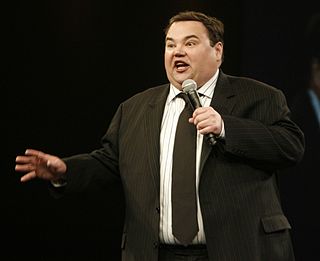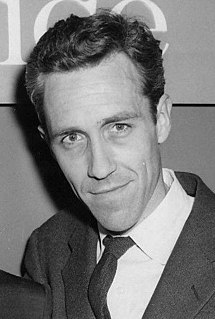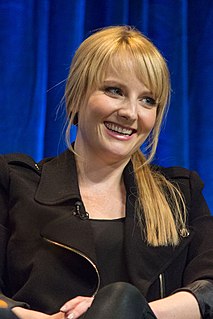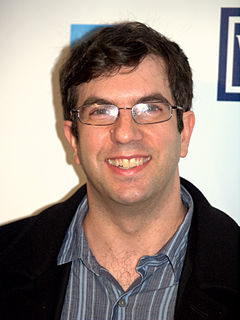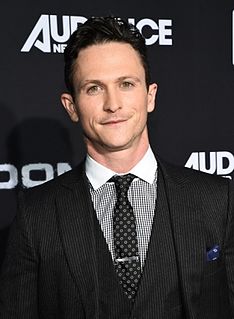A Quote by John Pinette
Just coming to L.A. to be a comic and an actor, it's not the kindest world to come to. There's a lot of rejection, which I'm not used to. I hate rejection, but it's about 90 percent of the business.
Related Quotes
I wanted to do the comic strip. I tried to get it syndicated, and I sent some examples to a syndication company, and they sent me a rejection letter! I wasn't smart enough at the time to realize you shouldn't let rejection letters stop you. I thought that rejection letter meant I was not allowed to be a cartoonist in this world, so I put the rejection letter down and said, well, I'll be a stand-up comedian.
It is not rejection itself that people fear, it is the possible consequences of rejection. Preparing to accept those consequences and viewing rejection as a learning experience that will bring you closer to success, will not only help you to conquer the fear of rejection, but help you to appreciate rejection itself.
